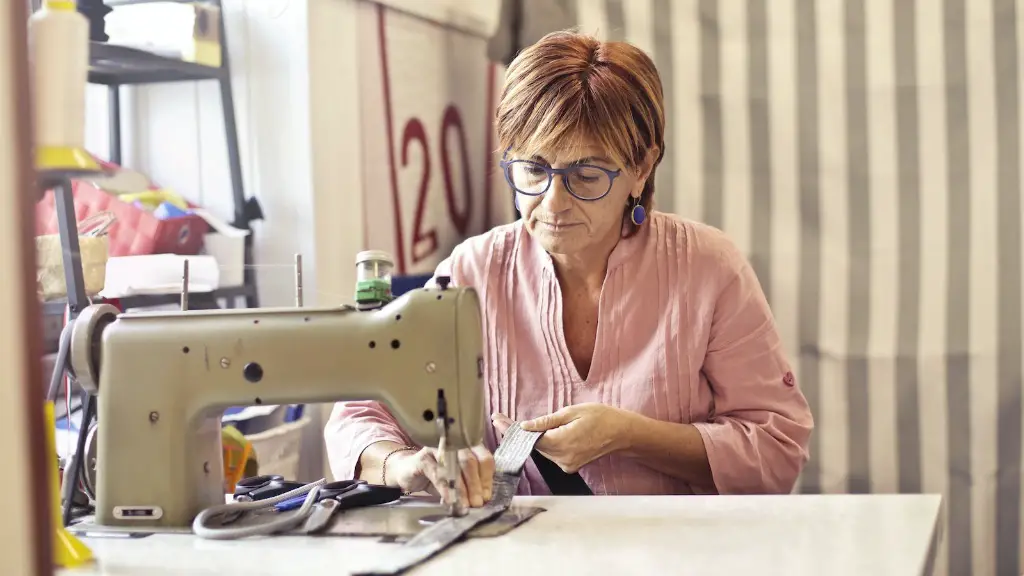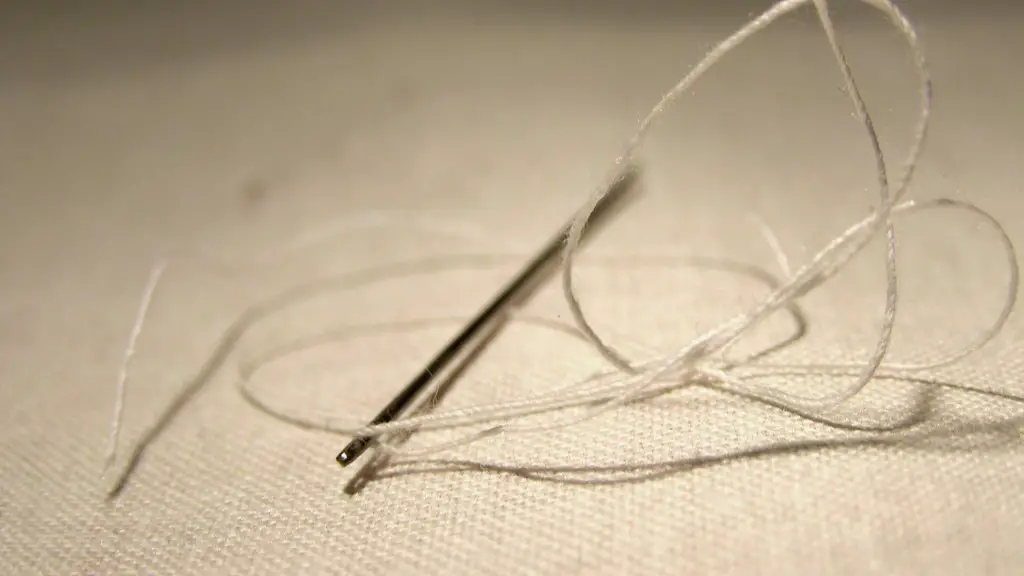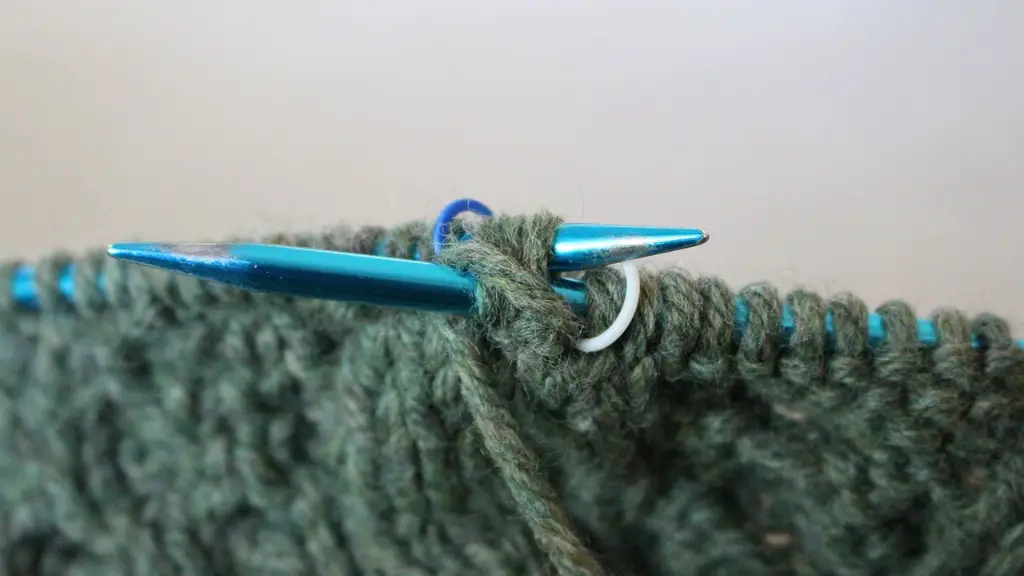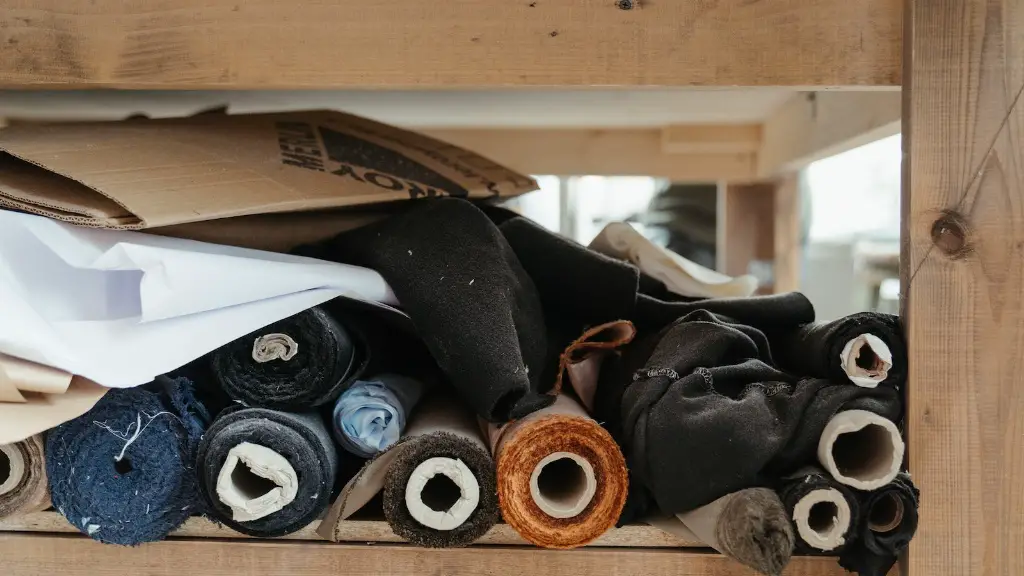When it comes to sewing, many will likely think of a sewing machine right away. If it’s a machine, it’s assumed that just about any type of thread can be used with it, right? In actuality, there are several types of thread that are better than others when used with a sewing machine. Let’s explore the different options out there and the advantages and disadvantages of each so that you can make the best decision the next time you embark on a sewing project.
Regular Thread
The most basic type of thread that you can use on your machine is regular thread. This is the type of thread you’ll most likely find when you’re looking for thread for hand sewing, but it can also be used for sewing machines. Regular thread is usually made from a single strand of cotton, polyester, or other fibers. The size of the thread is typically 50 to 60, with 50 being the most commonly used. That being said, it’s important to note that regular thread doesn’t often hold up to the heavier fabrics that sewing machines can handle.
Specialty Thread
For projects that involve heavier fabrics or are more intricate, you’ll likely need to use a specialty thread. This type of thread is usually made from two or more strands of cotton or polyester. In some cases, the threads can even be made of other synthetic materials. These threads come in various sizes, but they’re typically larger than regular threads. Typically, the size of the thread ranges between 60 and 100, with the larger sizes being better suited to heavier fabrics. Specialty threads also add a bit of extra strength to your sewing project and can provide a higher quality finish.
Metallic Thread
When you’re looking for something more unique, metallic thread may be just what you’re looking for. This type of thread usually contains some form of metal, usually plastic-coated metals, which gives it its shining effect. Metallic thread is a great way to add a bit of flair to a project and can be used to accent or embellish garments or other items. This type of thread is also heavier than regular thread, so it’s best used for heavy fabrics. Depending on the type of metallic thread you get, you may need to use a heavier needle with it.
Polyester Thread
Polyester thread is often considered the best type of thread for sewing machines and garments alike. This type of thread is stronger and more resistant to damage and fading than other types of thread. It also doesn’t stretch as much as regular thread does, so it will maintain its shape better. The downside to polyester thread is that it can be somewhat tricky to sew with and may break if you use a needle that’s too small. For that reason, you should make sure to get a strong needle that’s appropriate for the fabric you’re working with.
Advantages of Different Threads
The main advantage of regular thread is that it’s usually the cheapest and most easily accessible type of thread. Specialty thread, on the other hand, is great for heavier fabrics and more intricate projects and usually provides a much higher quality finish. Metallic thread can add a bit of flair to a project and is great for accent pieces, while polyester thread is the most durable type of thread and will stand up to wear and tear better than other threads.
Disadvantages of Different Threads
The main disadvantage of regular thread is that it doesn’t hold up well to heavier fabrics and may break or fray easily. Specialty thread may be more expensive than regular thread and is better suited to more intricate projects. Metallic thread can be tricky to sew with and may require a heavier needle, and polyester thread may be difficult to work with and may break if a needle that’s too small is used.
Factors to Consider
Before you choose a type of thread for your project, there are a few factors that you should consider. First, consider the type of fabric you’ll be using. Some fabrics are heavier than others, so you may need to use a stronger thread in order to ensure that the thread holds up to its use. Next, consider the type of project you’ll be working on. If it’s a simple project, you can likely get away with using regular thread. However, if the project is more intricate or you’re working with heavier fabrics, you may want to consider a specialty thread. Lastly, make sure to read the instructions on the thread you choose to make sure that it’s suitable for the type of fabric you’re working with.
Tips for Using a Sewing Machine
When using a sewing machine, there are a few tips that you should keep in mind. Make sure to use the right type of needle for the fabric you’re working with. If you’re using a heavier thread, make sure to use a heavier needle as well. As you sew, make sure that the thread is consistently being pulled evenly from the spool. Lastly, make sure to regularly clean your machine and replace any worn-out parts to ensure that it continues to run smoothly.
Types of Machines
There are many different types of sewing machines on the market. The type of machine you choose will depend on the types of projects you plan on doing. If you’re just planning on doing basic mending or simple projects, a basic sewing machine will likely do the trick. However, if you’re looking to do more intricate work, you may want to choose a more advanced machine with more features. In some cases, you may even be able to find machines specifically designed for certain types of fabric or projects, which can be very helpful.
Choosing the Right Thread
Once you’ve chosen the type of sewing machine you want, you can then focus on choosing the right type of thread. First, consider the type of fabric you’ll be working with and the type of project you’ll be doing. From there, consider the advantages and disadvantages of each type of thread to determine which one is best suited to your needs. Lastly, make sure to read the instructions on the thread you choose to ensure that it’s suitable for the type of fabric you’re working with.
Using Color Threads
Using color thread is a great way to add a bit of personality to your projects. If you’re working on a project that requires a specific color, you may want to consider choosing a colored thread. Just make sure to choose the right type of thread for the project you’re working on. If you’re using a heavier thread, make sure to get a heavier needle for the thread you choose. Lastly, make sure to regularly clean your machine and replace any worn-out parts to ensure that it continues to run smoothly.
Maintenance and Preparation
Maintaining and preparing your machine is essential for ensuring that it continues to run smoothly. To start, make sure to read the instructions on the thread that you choose to ensure that it’s suitable for the type of fabric you’re working with. Additionally, make sure to regularly clean your machine to prevent buildup of dirt and grime. Lastly, make sure to replace any worn-out parts as soon as possible to avoid any issues down the road.
Troubleshooting
Occasionally, you may run into issues with your sewing machine. If you’re having trouble threading your machine or you’re having problems with tension, make sure to check the threading instructions. You may also want to adjust the tension knob to ensure that the thread is being pulled tight enough. If the issue persists, make sure to consult a professional for help.
Conclusion
When it comes to using a sewing machine, the type of thread you use is essential for ensuring that the project you’re working on turns out well. It’s important to consider the type of fabric you’ll be working with and the type of project you’ll be doing in order to determine which type of thread is best. Additionally, make sure to regularly clean your machine and replace any worn-out parts to ensure that it continues to run smoothly. With the right preparation and maintenance, you’ll be sure to get the most out of your machine.



